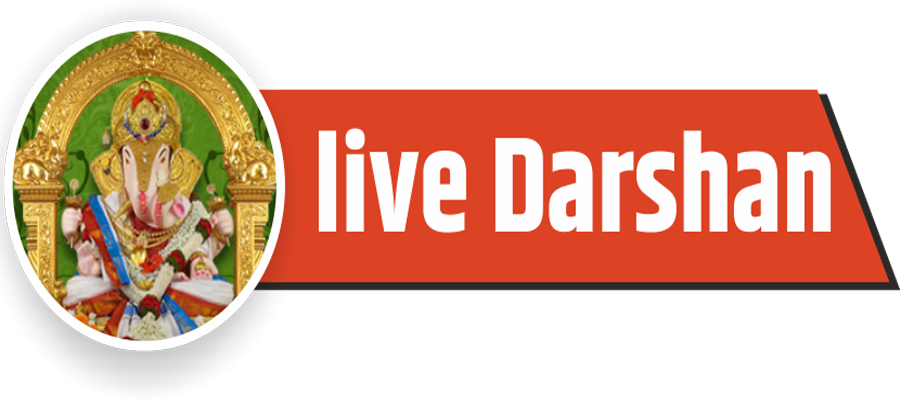Current Account Rules and FAQ
Who can open a current account?
Any person competent to contract and satisfactorily introduced to the Bank may open an account in his/her own name. He/She may not open more than one such account. Accounts may be opened in the names of two or more persons and may be made payable to :
(a) any one or more of them.
(b) Any one or more of the survivors.
(c) Either or anyone or more of them or the survivors jointly, or survivor.
(d) 'former or survivor' or 'latter or survivor', subject to the condition that the second (first in the case of latter or survivor) named accountholder will be entitled to the balance lying in the account only on the death of the former (latter in the case of latter or survivor) accountholder.
Accounts can be opened for sole proprietorship firms, partnership firms, private limited and public limited companies, Joint Hindu families, trusts, clubs, associates etc. satisfactorily introduced to the Bank and on fulfilling laid down procedures and tendering required credentials.
How to open a current account?
Application to open an account must be made in Bank's prescribed account opening form. All signatories are required to come in person to the bank to sign the account opening form. Required credentials depending upon the type of constitution of the prospective accountholder are to be submitted to the bank.
Each applicant will be required to sign a declaration to the effect that he has read and accepted Current Account Rules. A copy of the rules is displayed on the Notice Board.
A recent passport size photograph of every accountholder, proprietor / partners / Directors of the company / office-bearers / trustees and other officials authorized to operate upon the account, is required to be given to the bank.
The account is to be introduced by an existing current/cash credit accountholder having minimum six months old satisfactorily & actively conducted KYC Complied account with the Bank.
Pass books / statement of account
Computer generated statement of account showing a record of all sums paid in and all cheques drawn is issued to each accountholder on monthly basis. On a statement of account being received by a customer the entries therein should be carefully examined and error or omission should immediately be brought to the notice of the Bank, otherwise rendering of the statement of the Account to the customer will be treated as settlement of the account and an acknowledgement of its correctness to date. The Bank will not be responsible for any loss arising from the negligence of customer in taking above precautions.
It should be understood that although entries may have been made to the credit of an account and such entries initialed by an officer in the pass book, should such entries be made up of cheques which have to be collected, the amount they represent is not available for drawing, until the proceeds have been realized by the Bank.
Credits
Current accounts may be opened by Individual as well as for non-individual with minimum initial deposits of Rs.3000/-.
All payments made in the account should be accompanied by a paying-in-slip, which is supplied free of charge to customers. Separate paying-in-slip should be used for
(a) Cash
(b) Local cheques/ DWs etc. drawn on our branches
(c) Local cheques D/W etc. drawn on other banks
(d) Outstation cheques, DWs, draft etc. drawn on outstation centers where the bank has no branches, will be collected at the responsibility of the constituents and the Bank will not be liable for any act, negligence or insolvency of any agent.
Cheques etc. on clearing banks, if received after specified time will be cleared on the next working day. Local bills payable otherwise than on demand, should be sent one clear day at least before due date. Demand bills (hundies) should be lodged not later than specified time of presentation on the same day. Hundies lodged on Saturdays will be presented on the next working day.
No cheques will be accepted for collection in newly opened accounts till the confirmation of introducer is ensured through any mode by the branch, in accounts where the introducer has not come in person to the branch for introducing the account.
Withdrawals by cheque
1st cheque book is free and subsequent cheque book as per bank policy. (Note: 1st Cheque book means cheque book of 30 leaves.) Cheques must be drawn on the printed cheques forms provided by the Bank. The Bank reserves to itself the right to refuse payment of cheques drawn otherwise. Application for cheque book must be made by the constituent personally or in writing. The printed Requisition Form inserted in the cheque book should be used when a new cheque book is required. To prevent forgeries, frauds, etc., constituents are particularly requested to
Keep the cheque book under lock and key.
Fill in the body of cheque before delivery.
Fill in the amount in words, as near as possible, to the words "Rupees" and the amount in figures, as near as possible, to "Rs.".
The writing of cheque should be clear and distinct and cheques must be drawn in such a way as to prevent any alteration or addition after issue.
The amount in cheques must be stated both in words and figures.
Payments of cheques on which the signature does not exactly correspond with that on record at the Bank will be refused.
The Bank has a right to ask for proper identification of the presenter for making cash payments of cheques.
Cheques post-dated i.e. bearing a date subsequent to the date of presentation will not be paid. Cheques bearing date over six months prior to the date of presentation will be refused payment.
Constituents are requested to cross all cheques intended for collection before depositing them into their accounts.
The Bank will register instructions from the drawer of a cheque to stop the payment.
Issue of cheques without sufficient funds in the account may attract penalty under Section 138 of “N.I.Act”.
Cheques must not be issued without providing funds in the account. If, cheques are presented without sufficient funds to meet them, payment will be refused and the cheque returned. Repeated disregard of these instructions will entail the summarily closing of the account.
Debit ECS – mandate: Bank will sign such mandate only in case of regular account
In case of withdraw by ECS – frequent return for want of fund will force bank to cancel the mandate.
To safeguard cheques from being cullected by unauthorized persons, cheque payable to a firm or a limited company even though "Bearer" may not be accepted for credit of a personal account, unless it is specifically endorsed by the payee in favor of the individual collecting it. If the individual collecting the cheque is a partner of the payee firm or a director of the company, then the endorsement on behalf of the payee must be by the hand of a partner or director other than the partner or director collecting it.
Interest
No interest is payable on credit balance in current account, including those of Bank's staff members as per RBI directives. However, simple interest at the rate of Savings Bank shall be paid on credit balance of deceased individual accountholders, from the date of his/her death till the date of payment to the legal heirs. In the case of death of a sole proprietor, interest will similarly be paid in the account of the sole proprietary firm.
Closing of an account
The accountholder must give in writing his/her intention to close the account. In case of partnership firm and joint account, the letter of request should be signed by all the partners and all the accountholders, respectively. In case of limited companies, a board resolution authorizing closure of the account is required.
The unused cheque leaves, Debit Cards, if any, in the possession of the depositor should be returned to the Bank.
Latest statement of account should also be presented.
Bank shall recover Rs.100/-(+GST) from Individual or Non-Individual if an account is closed within a year.
Signature of the depositor
Every accountholder will be required to give specimen of his/her signature for record in the presence of an authorized officer of the Bank at the time of opening of the account.
All withdrawal instructions, cheques and letters to the Bank must be signed strictly in accordance with the specimen signature recorded at the branch.
Nomination facility
The individual accountholder/s and Sole Proprietorship concern will have the facility to make, vary or change nominations.
Additions and alterations to the rules
The Bank reserves the right to alter or add to these rules at any time without notice.
All withdrawal instructions, cheques and letters to the Bank must be signed strictly in accordance with the specimen signature recorded at the branch.
The above rules are not exhaustive.







